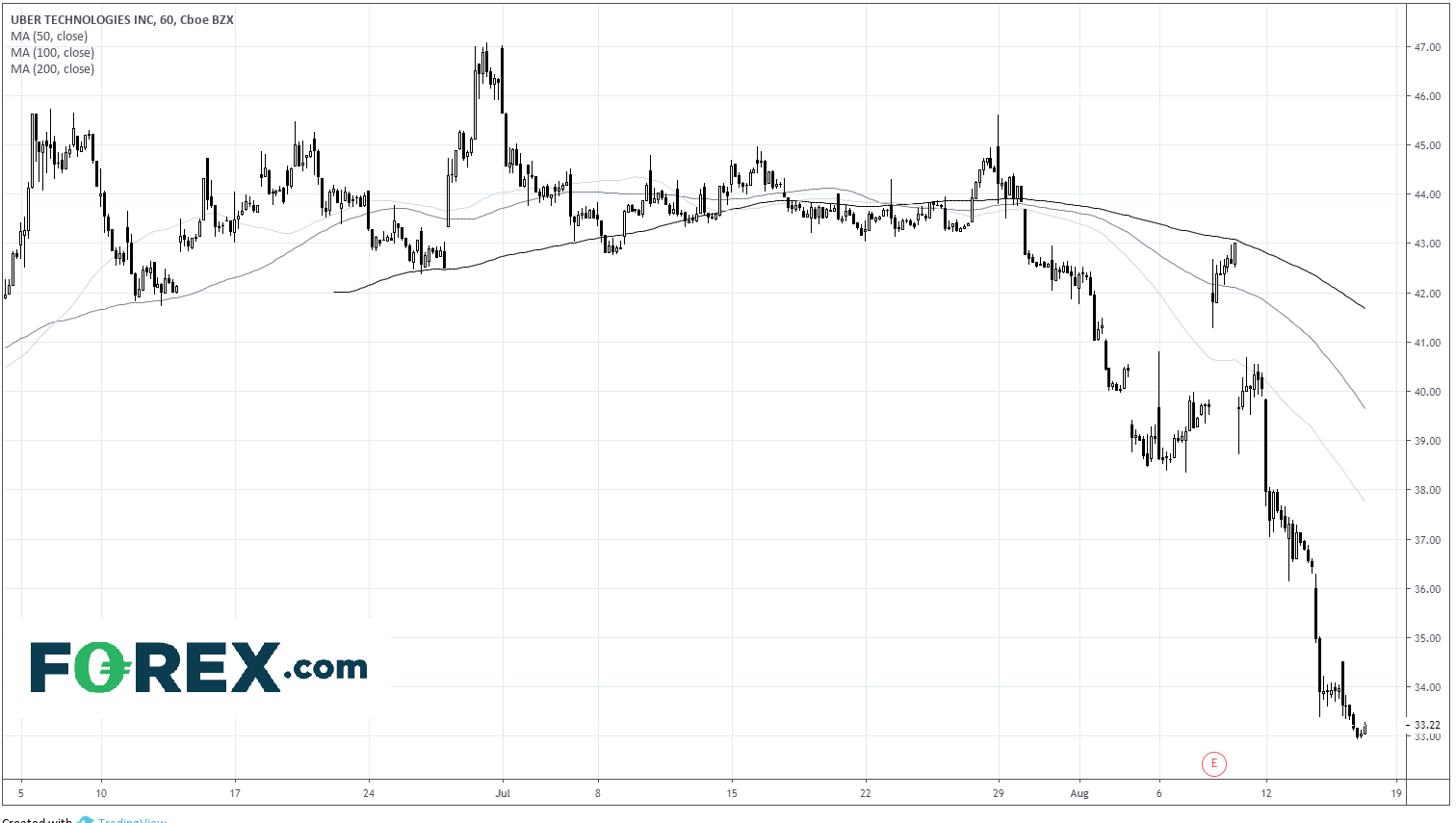WeWork, the coworking business, filed for an initial public offering on Wednesday lifting the veil on the $47 billion firms’ financials. It is set to be the most valuable start up to head for an IPO since Uber earlier this year and will see the public's’ appetite for fast-growing loss-making companies tested once again.
What do the financials say?
In a similar fashion to fast-growing loss-making Uber and Lyft, WeWork revenue growth was more than impressive:
WeWork quadrupled its revenue to $1.82 billion across just two years from 2016 – 2018 as it grew at breakneck speed. However, as with Uber and Lyft, WeWork’s losses also deepened. WeWork recorded losses of $400m in 2016, growing to $1.6 billion in 2018. It has lost close to $700 million in H1 2019.
With a $47 billion valuation in the private market, WeWork is apparently worth 15 times more than its annualised sales for the year. This is a steep valuation given that the firm has consistently made losses.
Tech firm or real estate?
WeWork is pitching itself as a tech firm to investors rather than a real estate firm. The simple reason here being that investors are often prepared to pay a premium for tech firms. In the filing document the word “technology” is mentioned 93 times.
WeWork’s valuation in public markets will depend greatly on how investors decide to classify it – tech firm of real estate firm?
The fact that of WeWork’s 2018 revenue ($1.8 billion) 93% was achieved through memberships (leases that customers pay to rent space) indicates that WeWorks’ revenue source is more representative of a landlord than a tech firm.
WeWork also has very low gross margins, this differentiates it from tech firms which often have high gross margins and plenty of cash left over to spend on R&D, sales and marketing or dividends.
Right now, tech or real estate is the biggest fundamental question surrounding WeWork. Real estate companies are generally not valued so highly. Failure by CEO Neumann to convince that WeWork is a tech firm could see the valuation significantly reduced.
Business model doubts
Echoing Uber & Lyft, doubts exist over WeWork’s business model and its path to profitability. WeWork stated that it does not expect to reach profitability for the foreseeable future. The S-1 document indicates that WeWork does have a plan to become profitable,; however it also indicates that the cost of achieving profitability would be slowing the pace of growth in an bid to boost occupancy and control costs
Another Uber?
This will be the most highly anticipated IPO since Uber and comparisons will naturally be drawn, between these high-revenue high-loss firms, which may not be beneficial for WeWork.
Uber’s IPO was below expectations and the share price has tanked since, hitting its lowest level ever this week. The public, in this case, have shown less tolerance towards Uber’s losses, a story which could be repeated for WeWork.





